Securing Diyala
December 4, 2007 - Kimberly Kagan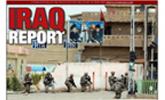
This Iraq Report explains the summer offensive operations in Diyala province, northeast of Baghdad.

This Iraq Report explains the summer offensive operations in Diyala province, northeast of Baghdad.
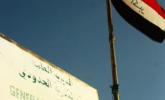
The reemergence of Iraq's Shiite leadership comes as the Iranian regime now stands only on the religious claims of authority made by Ali Khamenei.
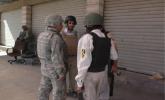
Over the last year, Saydiyah has become one of the principal battlegrounds for the territorial war between Shi'a militias and al-Qaeda in Iraq (AQI) in Baghdad.
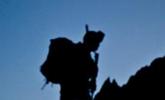
The surge of operations that American and Iraqi forces began on June 15 has dramatically improved security in Baghdad and throughout Iraq.
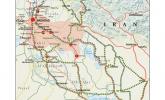
To see this map in context, please view Iraq Report #11

The brigade responsible for most of Diyala in 2007 is rotating home, beginning the drawdown of U.S. troops. Yet force levels in Diyala will remain constant.

Wahash and Iskan constitute a key conflict zone between Shi'a and Sunni militias in West Baghdad.
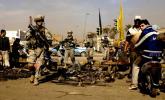
The Rusafa security district provides an interesting look at a complex Baghdad neighborhood with strategic significance and changing demographics.
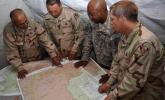
There is perhaps no greater danger to the success of American efforts in Iraq than the prospect of a congressionally mandated timeline for withdrawal.
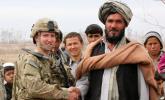
The refrain of ‘concerned citizens’ and ‘reconciliation’, so familiar in the news emanating from places like Anbar and Diyala, has found a degree of resonance in the Iraqi capital.